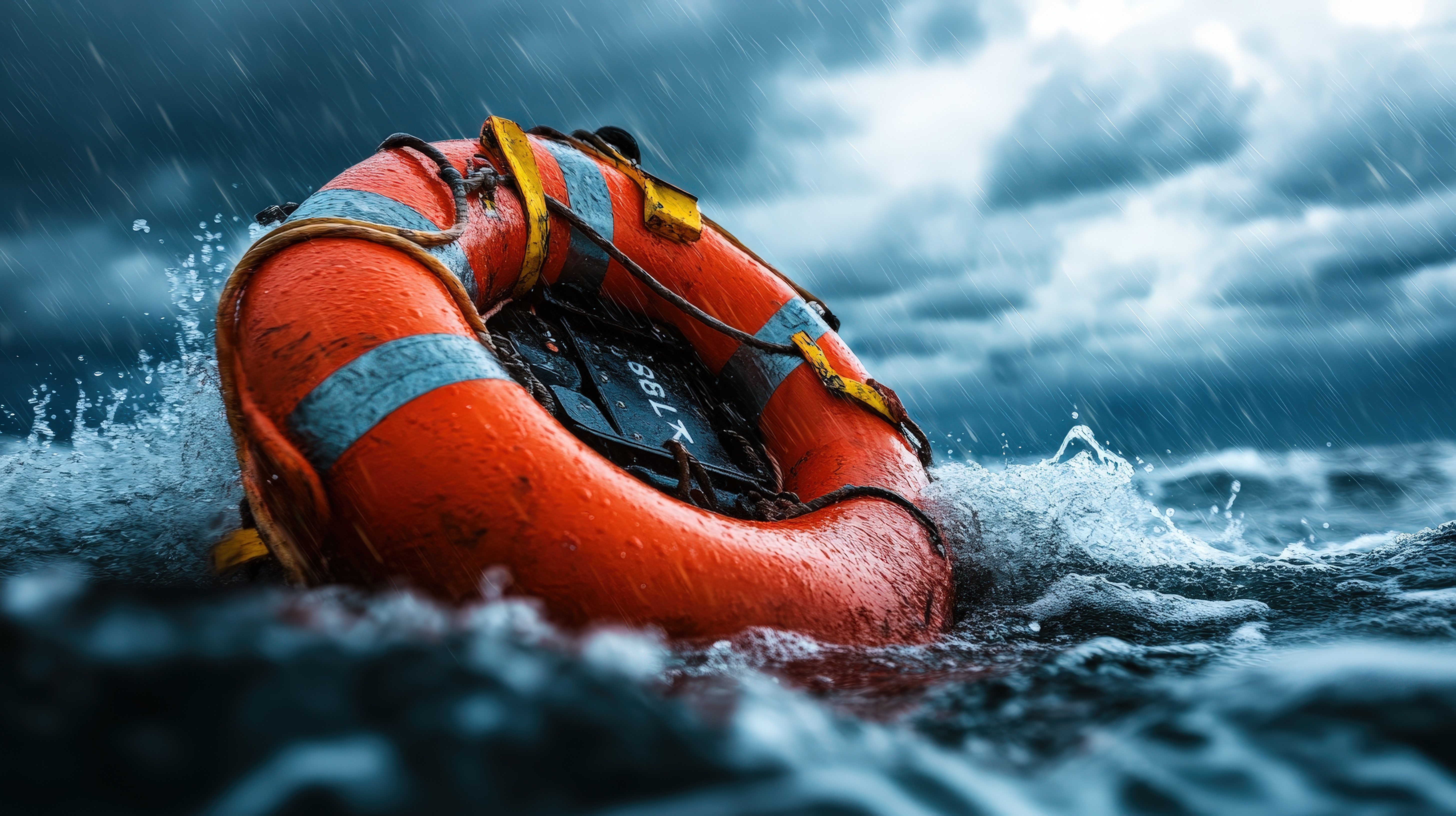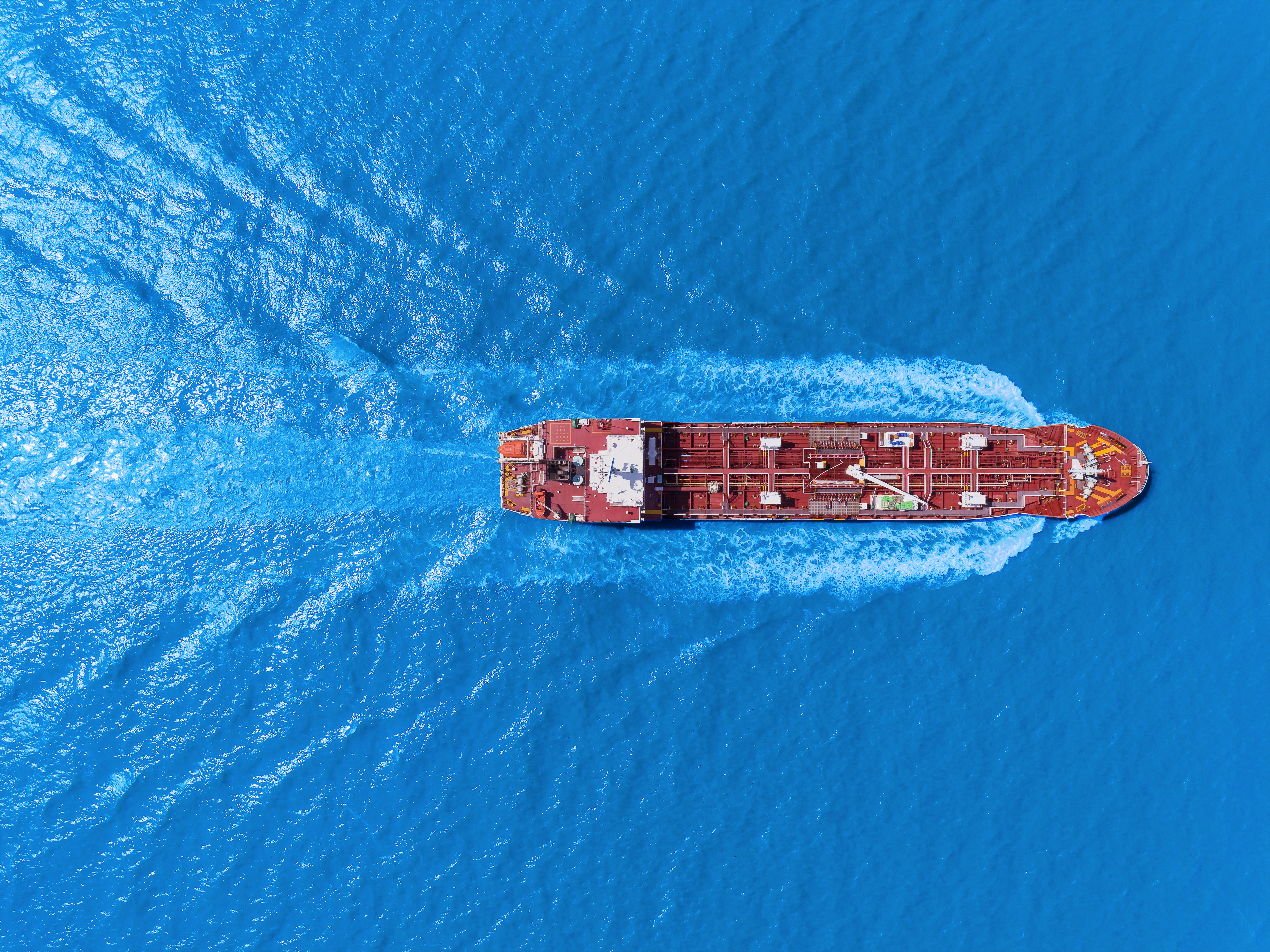Practical Issues in The Pursuit and Defence of Cargo Claims
This article explores the new rules on disclosure recently introduced in the English Commercial Court and looks at the rules’ impact on cargo claims, particularly in light of the recent Supreme Court decision in Volcafe Ltd & Others v. Compania Sud Americana De Vapores SA [2018] UKSC 61.
Introduction
Under English law, the position has always been that all documents, correspondence and other materials relevant to a case (both favourable and adverse) are disclosable, unless a narrow exception such as “privilege” applies.
Historically, disclosure in court litigation takes place when legal pleadings are closed. The new rules on disclosure now require disclosure of documents at a much earlier stage.
The Volcafe case is important to the question of “who has the burden of proving what” when damage occurs to cargo during carriage. The Supreme Court analysed the relevance of the English common law of bailment, the burden of proof under the Hague and Hague-Visby Rules (“the Hague Rules”) and the interplay between a carrier's duties and the defences/exceptions available to the carrier under the Hague Rules.
Although the rules on disclosure in arbitration proceedings remain unchanged, the Volcafe case could have an impact on how arbitrations are run as the decision brings in a shift in the parties’ burdens of proof.
The Volcafe case
The claim in Volcafe was a fairly typical cargo claim involving bagged coffee shipped in standard unventilated containers from Colombia to Bremen in Germany during the winter of 2012.
Upon outturn, a small number of bags were found to have suffered wet damage. The carrier was obliged under the contract of carriage to line the containers with paper to protect the cargo against condensation damage. The claimants alleged that the carrier was in breach of its obligation in failing to carefully and adequately prepare the containers.
The trial judge concluded that the evidence did not establish what thickness of paper, nor how many layers were used, nor what ought to have been done to protect the cargo. As such, he was unable to determine whether the steps taken to protect the cargo were in accordance with industry practice or were sufficient.
The Supreme Court stated that a bill of lading contract is a contract of bailment and the burden of proof in bailment is not changed by the Hague Rules, which are concerned with the standard of performance. The court held that the carrier had the legal burden of proving that it had not been negligent in its care of the cargo before it could rely on an Article IV Rule 2 Hague Rules exception. It was not for the cargo owner to prove that the carrier had been negligent.
This appears to represent a significant shift in the parties’ burden of proof in cases involving Article III Rule 2, although it is worth noting that the subsequent ruling in the “CMA CGM LIBRA” case makes it clear that the Supreme Court decision in Volcafe does not affect the conventional view on the burden of proof on issues of seaworthiness under Article III Rule 1. Volcafe and the more recent Court of Appeal decision in the “LADY M” also highlight that, where an Article IV Rule 2 defence is invoked, the particular requirements of the rule in question ((a) to (q)) must be considered in determining where the burden of proof lies..
The new Disclosure Scheme under the Civil Procedure Rules
The main purpose behind the new disclosure rules is to reduce the costs and the time burdens under the existing rules. The duties owed by parties and their legal representatives on disclosure and preservation of documents are now expressly set out in the rules. In particular;
- Parties must now provide written confirmation that they have preserved all documents that may be relevant to the proceedings;
- Parties will now normally have to provide disclosure – known as Initial Disclosure – with their particulars of claim or defence.
In brief, disclosure of evidence by parties must now generally take place at a much earlier stage in proceedings. Relevant documents may include communications by text messaging, social media and/or instant messaging platforms such as WhatsApp, WeChat and Line. Such are disclosable even if the mobile phone in question is not in the control of the defendant or plaintiff company. Companies must therefore ensure that they have a policy for employees to save and preserve communications on their electronic devices.
Initial Disclosure
“Initial Disclosure” requires a party to prepare a list which includes electronic copies of key documents on which that party seeks to rely in support of its claim or defence. It also includes key documents which are necessary to enable the other party to understand the claim or defence to be met. Previous requirements for searches to be made for further documents no longer apply. Instead, parties now have to give brief descriptions of the searches they carried out in compiling the lists of documents served with their submissions.
Do adverse documents need to be disclosed at Initial Disclosure? The rules are not entirely clear on this point but the current view is ‘no’ although such documents will need to be disclosed later in proceedings if the claim progresses. Either party can apply for “Extended Disclosure” if it wishes to seek documents in addition to what is provided under Initial Disclosure, although it is worth noting that the new equivalent of the old “standard disclosure” is no longer to be considered the default option. Parties are expected instead to look to the request-based model of disclosure seen in arbitration proceedings. In arbitration cases involving cargo damage resulting from a breach of an Article III Rule 2 obligation, parties now have to be prepared for wider and earlier disclosure as a result of the decision in Volcafe.
Effect on Legal Pleadings
The way in which claims are pleaded before courts and tribunals may change as a result of Volcafe. Whereas previously a cargo claimant would have had to provide some details of alleged negligence or wrongdoing that led to the cargo damage in its particulars of claim, cargo interests may now consider that all they need to state is that the goods were loaded sound and discharged damaged and that it is for the defendant carrier to prove his lack of negligence.
A carrier might now assume to be under a greater evidential and legal burden when presented with a cargo claim but will still expect cargo interests to provide a substantial amount of information and documentation when presenting a claim, including;
(i) it’s entitlement to bring a claim against the carrier in respect of the particular voyage (including appropriate evidence of any assignment/subrogation in its favour). In other words, that it has title to sue;
(ii) that the goods were loaded in good order and condition;
- that there has been some loss or damage to goods that were previously sound;
- that the losses suffered (quantum) can be evidenced and supported, for example, by appropriate invoices;
- that the claim is not time-barred; and
- that sufficient packing and/or dunnaging and/or lashing was used, if relevant.
However, the carrier needs to conduct a brief but thorough initial investigation into the incident or claim. It will have to set out in detail what it did, why this was sufficient in the circumstances and how the damage occurred, as well as provide disclosure of all the evidence that it will seek to rely on in support of its case. If facts favourable to it are not evidenced at an early stage, there may not be an opportunity to put them before a judge at a later stage
The claimant will need to provide key documentation in support of its claim as part of Initial Disclosure when filing and serving Particulars of Claim. As cargo claims are subject to strict time limits, the claimant will also need to start collating evidence early to ensure that all relevant evidence is available when Particulars of Claim need to be served.
Conclusion and top tips
To deal with claims effectively (and where appropriate):
- Gather as much evidence of any incident as soon as possible;
- Obtain comprehensive contemporaneous survey reports, with photographs;
- Request surveyors/agents to retain any physical evidence that may be relevant;
- In the case of containerised cargoes, check containers regularly and, if relevant, download any data logs at an early stage; ensure that all container and pre-trip inspections are well documented;
- Note and retain any guidelines and/or industry practice on the carriage of the particular goods and check whether any industry practices and/or loss prevention guidelines were, in fact, complied with;
- Consider whether it is appropriate to ask the shipper for information on how to care for the goods – and retain a written record of their comments;
- Consider whether any actions of other parties may have contributed to the damage caused e.g. terminal operators, stevedores etc. Again, any documentary evidence should be requested and retained.
The effect of Volcafe and the new disclosure rules is that more upfront work may be required to ensure that all relevant documents are considered and collected timely. This change may prompt earlier settlement discussions as parties consider potential costs savings in avoiding earlier disclosure requirements.
Whilst every care has been taken to ensure the accuracy of this information at the time of publication, the information is intended as guidance only. It should not be considered as legal advice in any way.




